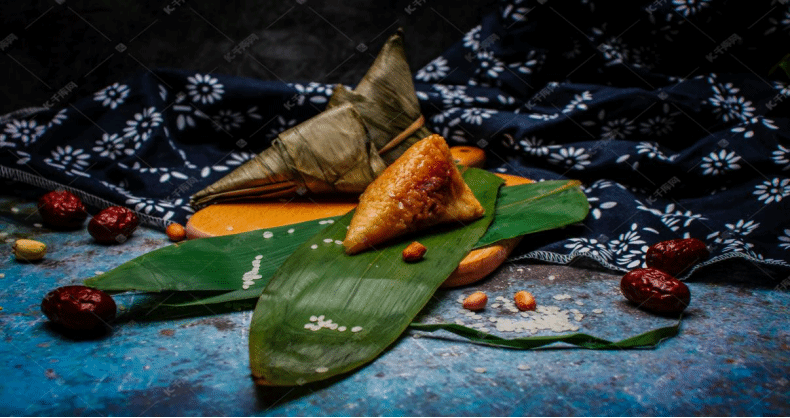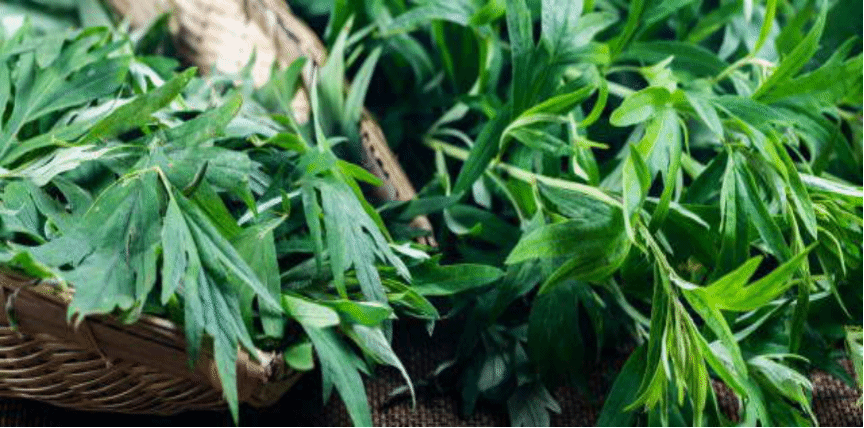粽叶飘香迎端午,传统习俗话安康
Fragrant Zongzi Welcome Dragon Boat Festival: Traditional Customs Convey Wishes for Well-being
端午佳节将至,大街小巷已悄然弥漫着粽叶的清香。作为中国四大传统节日之一,端午节不仅承载着悠久的历史文化,更凝聚了中华民族对健康、平安的美好祈愿。今天,让我们一同走进端午的世界,感受其独特的文化魅力与丰富多彩的习俗。
(As the Dragon Boat Festival approaches, the sweet aroma of zongzi leaves quietly fills streets and alleys. As one of China's four major traditional festivals, the Dragon Boat Festival carries profound historical significance while embodying the Chinese people's timeless wishes for health, safety and harmony. Now, let us embark on a journey to explore this festival's unique cultural charm and vibrant traditions.)
一、端午溯源:纪念与自然的双重意义(Origins: Dual Significance of Commemoration and Nature)
端午节,又称端阳节、五月节,始于春秋战国时期,距今已有两千多年历史。关于其起源,流传最广的说法是为纪念爱国诗人屈原。相传屈原于五月初五投汨罗江殉国,百姓为保护其遗体不受鱼虾侵扰,纷纷投下粽子、划龙舟驱赶鱼群,由此衍生出吃粽子、赛龙舟的习俗。此外,端午亦与古人对自然节气的认知相关,被视为“恶月恶日”,人们通过挂艾草、佩香囊等方式驱邪避疫,祈求安康。
(The Dragon Boat Festival, also known as the Duan Yang Festival or Double Fifth Festival, originated during the Spring and Autumn Period over 2,000 years ago.
The most widely accepted origin story commemorates the patriotic poet Qu Yuan. Legend holds that on the fifth day of the fifth lunar month, Qu Yuan drowned himself in the Miluo River. Local people threw zongzi (sticky rice dumplings) into the water and raced dragon boats to distract fish from his body, giving rise to the festival’s iconic customs. Beyond this memorial tradition, the festival also reflects ancient Chinese understanding of seasonal cycles. Considered an inauspicious “month and day of malevolence,”people would hang mugwort and wear herbal sachets to ward off evil spirits and disease, praying for health and safety.)
二、端午习俗:传统与现代的交融(Evolving Traditions: Where Ancient Customs Meet Modern Celebrations)
1. 粽香四溢,舌尖上的端午(Zongzi Aroma: A Culinary Celebration of the Dragon Boat Festival)

粽子是端午节最具代表性的美食。北方偏爱甜粽,以豆沙、红枣为馅;南方则钟爱咸粽,包裹五花肉、蛋黄等,风味各异。一家人围坐包粽子,既是手艺的传承,更是亲情的凝聚。
(Zongzi, the pyramid-shaped glutinous rice dumplings wrapped in bamboo leaves, stand as the most iconic culinary symbol of the Dragon Boat Festival.Regional variations showcase China's diverse palate:
• Northern-style zongzi feature sweet fillings like red bean paste and jujubes
• Southern versions boast savory ingredients including marbled pork and salted egg yolks
This culinary tradition transforms into a family ritual where generations gather to preserve culinary craftsmanship and strengthen familial bonds through shared activity)
2.龙舟竞渡,激扬奋进精神(Dragon Boat Racing: Channeling the Spirit of Unity and Perseverance)

赛龙舟是端午的重头戏。鼓声震天、桨影翻飞,选手们齐心协力破浪前行,既是对屈原的缅怀,也展现了团结拼搏的文化内涵。如今,龙舟赛已走向世界,成为国际性体育赛事。
(Dragon boat racing serves as the crown jewel of Dragon Boat Festival celebrations. With earth-shaking drumbeats and a flurry of synchronized paddles cutting through the water, teams channel collective strength to surge forward—a dynamic tribute to Qu Yuan's legacy that powerfully embodies the cultural ethos of unity and perseverance. This ancient tradition has now achieved global prominence, evolving into an internationally recognized sport)
3. 艾草菖蒲,驱邪祈福的智慧(Mugwort and Calamus: Ancient Wisdom for Wellness and Protection)

“清明插柳,端午插艾”。家家户户门前悬挂艾草与菖蒲,取其清香驱虫避瘟;孩童佩戴五彩丝线香囊,寓意祛病延年。这些习俗体现了古人对健康生活的朴素追求。
(“Willows for Qingming, Mugwort for the Dragon Boat Festival” — this ancient rhyme encapsulates China's botanical wisdom. During the Dragon Boat Festival, households traditionally hang aromatic mugwort and calamus leaves above their doorways, harnessing these herbs’ natural insect-repellent properties and cleansing fragrance to ward off pests and diseases. Children wear intricately embroidered sachets with five-colored threads, believed to promote health and longevity. These time-honored customs reflect our ancestors’ holistic approach to wellbeing)
3. 雄黄酒与“五黄宴”(Realgar Wine and the Five Yellows Feast)

古人饮雄黄酒防蛇虫,江南地区则有吃黄鱼、黄鳝、黄瓜、咸蛋黄和雄黄酒组成的“五黄宴”习俗,应季而食,顺应自然。
(In ancient times, people drank realgar wine to repel snakes and insects, while in the Jiangnan region, the custom of the “Five Yellows Feast” emerged - featuring yellow croaker, eel, cucumber, salted egg yolk, and realgar wine. This seasonal culinary tradition embodied the harmony between human life and nature’s rhythms.)
三、端午新韵:文化传承中的创新(Dragon Boat Revelations: Innovating Tradition)
如今,端午节被列入世界非物质文化遗产,传统习俗被赋予新活力。线上包粽教学、文创香囊设计、非遗龙舟体验等活动让年轻一代走近传统;而“安康”替代“快乐”的祝福,更凸显人们对节日内涵的深刻理解。
(Today, the Dragon Boat Festival has been inscribed as a UNESCO Intangible Cultural Heritage, with its traditional customs infused with new vitality. Activities such as online zongzi-making tutorials, creative sachet designs, and immersive dragon boat experiences are bringing younger generations closer to tradition. Meanwhile, the shift from greeting Happy Dragon Boat Festival to wishing Peace and Wellness reflects a deeper public understanding of the festival's cultural significance.)
这个端午,不妨放慢脚步:尝一口软糯的粽子,感受千年滋味;系一缕五彩丝线,寄托平安心愿;或走进热闹的龙舟赛场,聆听穿越时空的鼓点。在传统与现代的交织中,我们共同守护这份文化的薪火,更传递着对家国团圆、幸福安康的永恒期盼!
(Take a mindful pause during this Dragon Boat Festival, — Savor a bite of sticky rice zongzi, tasting flavors steeped in millennia. Tie a vibrant silk thread around your wrist, carrying wishes for peace. Or immerse yourself in the lively dragon boat races, listening to drumbeats echoing across time. In this tapestry where tradition and modernity intertwine, we become guardians of a cultural legacy—passing down not just rituals, but the eternal hope for family reunion, prosperity, and the enduring well-being of our homeland.)
外语部
董翠香
附:该文章中出现的四级高频词汇中英对照整理: